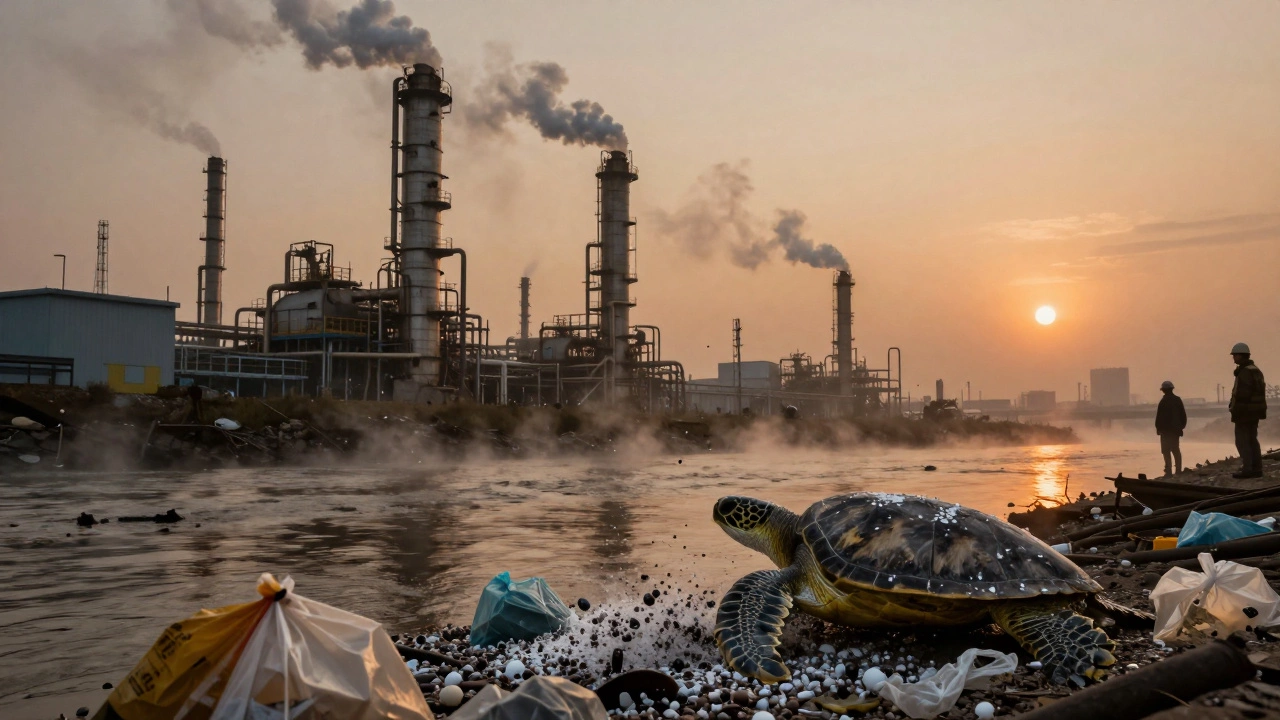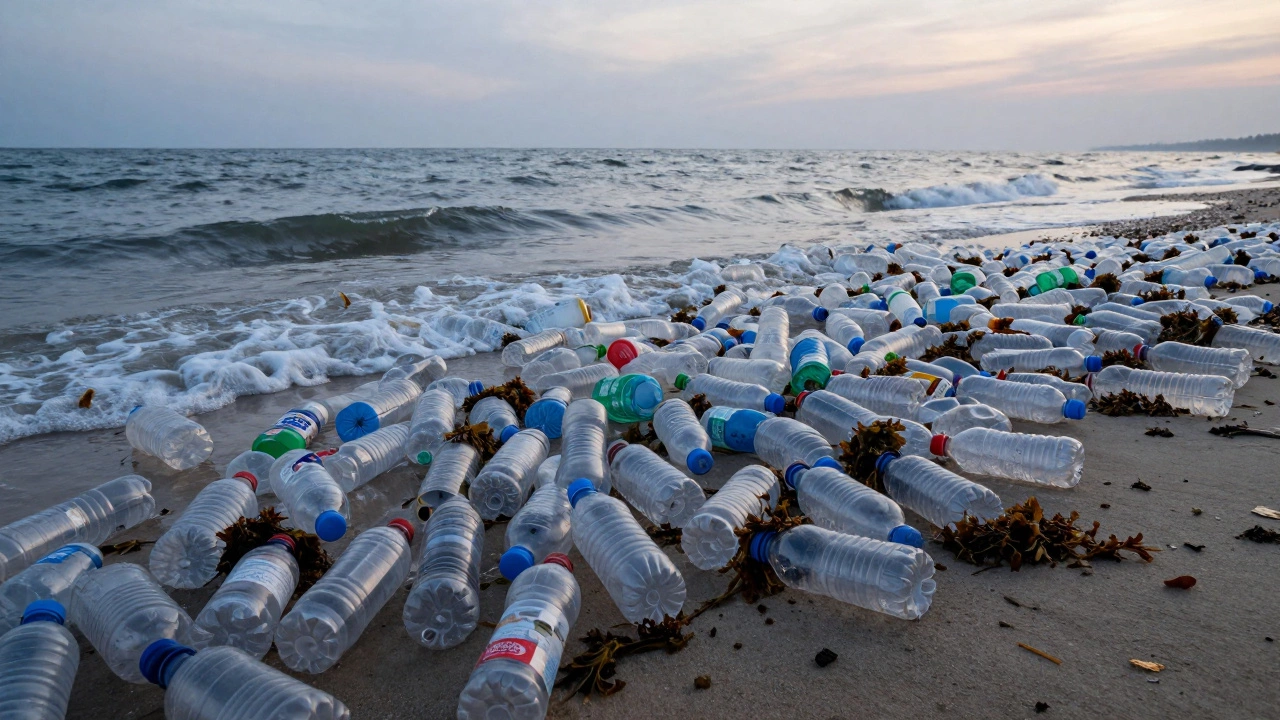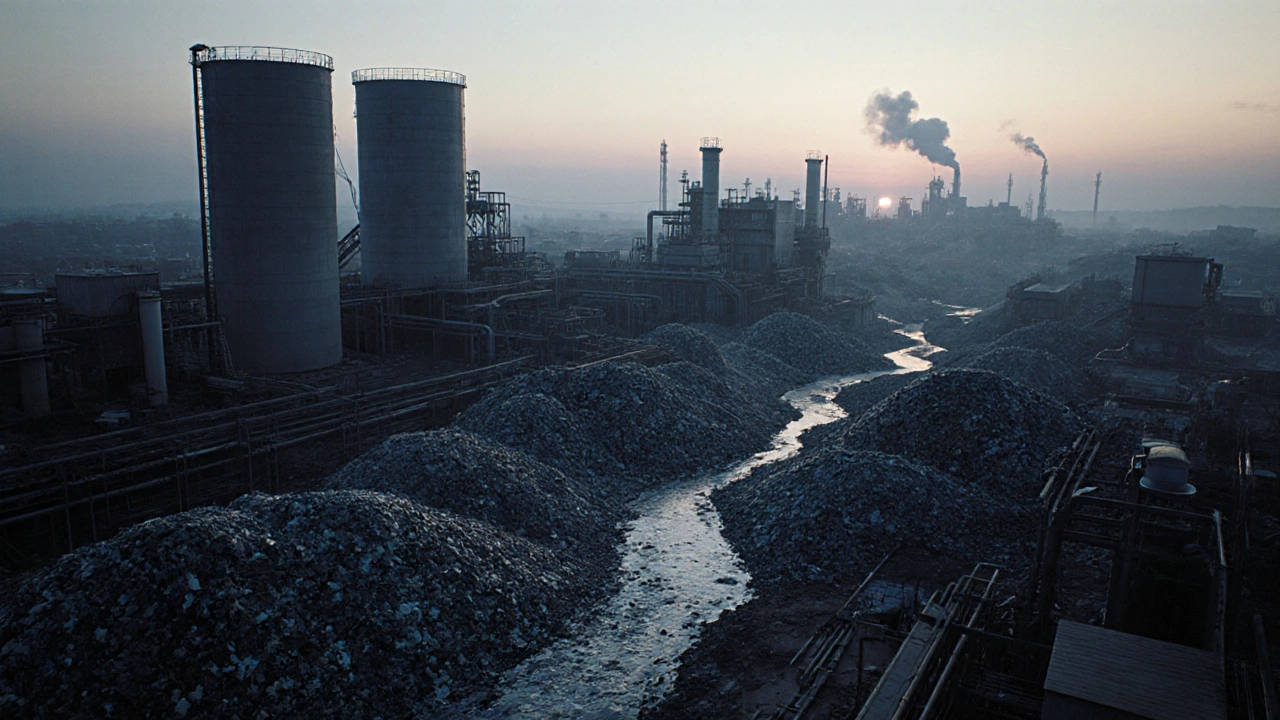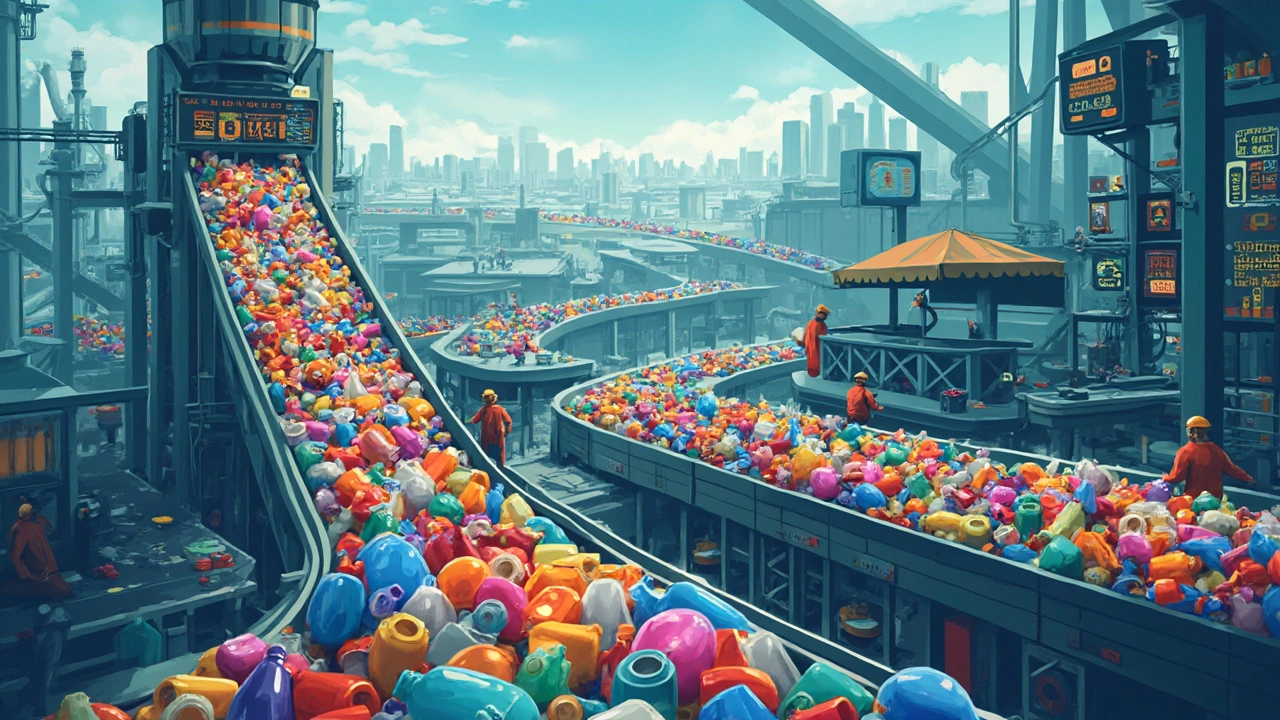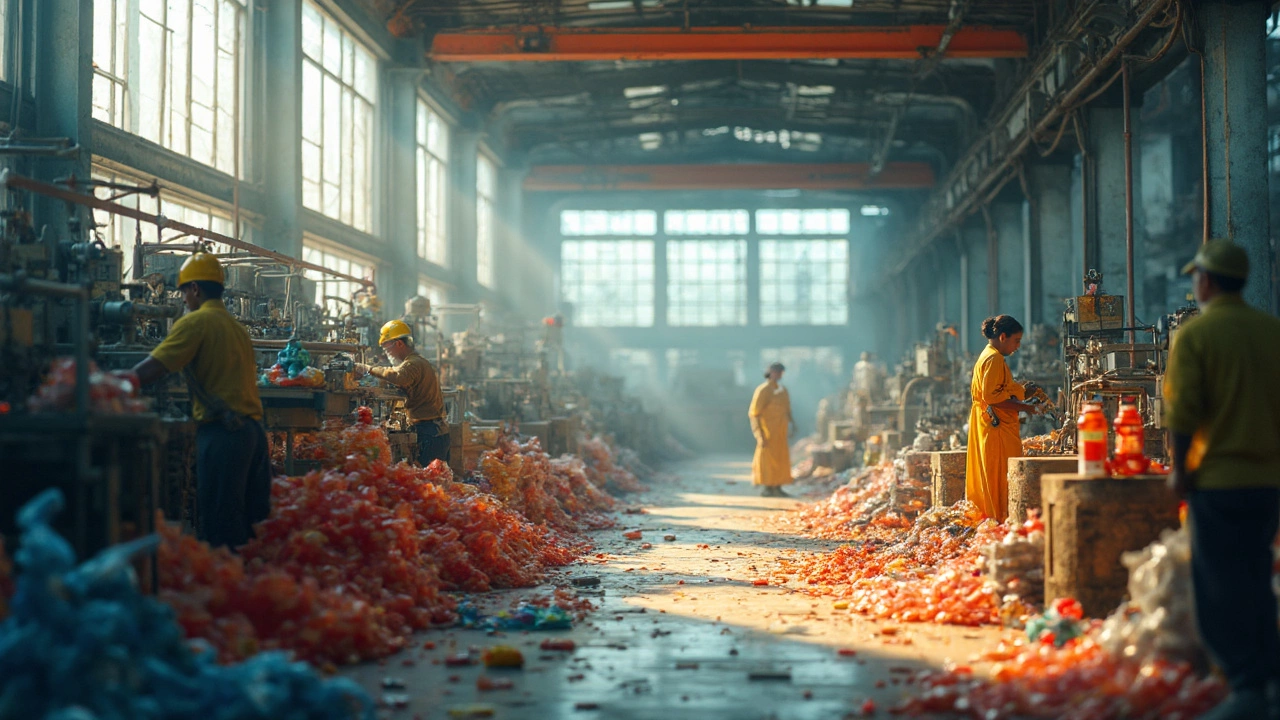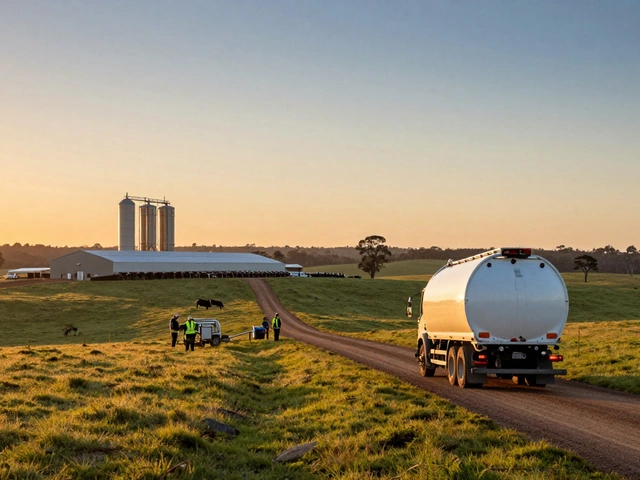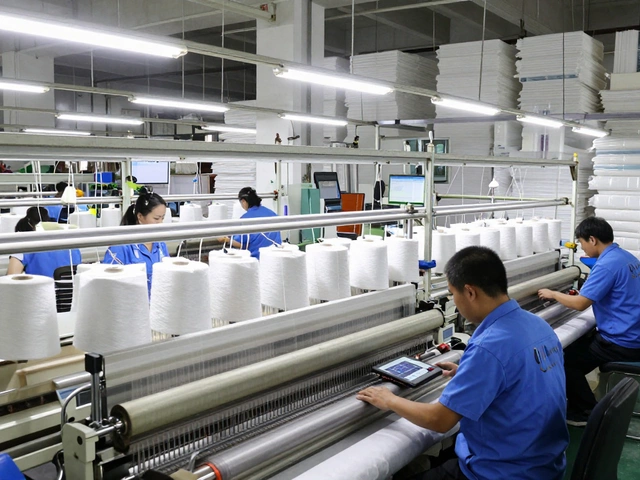Plastic Manufacturing: What’s Driving the Industry Today?
Ever wondered which companies fill our shelves with plastic or why certain plastics are everywhere? You’re not alone. In the world of plastic manufacturing, a few giant players dominate production, while a handful of materials dominate demand. Understanding both sides helps you make smarter choices—whether you’re buying, selling, or looking to improve your own production line.
Who’s Making the Most Plastic?
Two recent articles break down the biggest names in the game. On a global scale, corporations like ExxonMobil, Dow, and SABIC lead the charge. They own massive petrochemical complexes that turn oil and gas into raw polymer pellets. In the United States, one company—often identified as Dow—inches ahead of the competition, churning out more resin than anyone else. Their output fuels everything from water bottles to car parts.
Why does this matter to you? Big producers set the price bar for raw material. When they ramp up capacity, you’ll see lower resin costs, which can shrink the price of finished goods. Conversely, if a giant faces a shutdown or regulation, supply tightens and prices climb. Keeping an eye on these players lets you anticipate cost swings before they hit your balance sheet.
Plastics in High Demand
Not all plastics are created equal. Today, the market favors a few high‑performance types:
- Polyethylene terephthalate (PET)—the go‑to for drink bottles and food trays because it’s strong, lightweight, and recyclable.
- Polypropylene (PP)—used in automotive parts, medical devices, and packaging thanks to its heat resistance.
- High‑density polyethylene (HDPE)—found in milk jugs and piping because it’s tough and chemical‑resistant.
For anyone in the supply chain, knowing which plastics are hot helps you prioritize inventory, negotiate better contracts, and even explore recycling opportunities. For example, a small packaging firm that swaps standard HDPE for recycled PET can cut material costs while boosting its eco‑credibility.
In India’s fast‑growing market, the same patterns appear. Local manufacturers are partnering with global giants to gain access to advanced polymer grades. At the same time, government push for circular economy policies encourages the use of recyclable plastics like PET and HDPE. This creates a sweet spot for businesses that can adapt quickly.
So, what should you take away?
- Track the top producers—especially Dow, ExxonMobil, and SABIC—because their output influences raw‑material pricing.
- Focus on PET, PP, and HDPE as the core plastics driving demand across sectors.
- Leverage recycling and biobased trends to stay ahead of regulatory changes and consumer expectations.
By keeping these points in mind, you’ll be better equipped to navigate the plastic manufacturing landscape, whether you’re a buyer, a maker, or just a curious consumer.
Who is really to blame for plastic pollution? The role of plastic manufacturing companies
Plastic pollution isn't caused by consumers-it's designed by corporations. The top plastic manufacturing companies profit from single-use plastic while shifting blame onto the public. Here's who's really responsible.
Read MoreWhat Is the Most Thrown Away Plastic Item? The Shocking Truth Behind Single-Use Plastics
Plastic water bottles are the most thrown away plastic item on Earth, with over 500 billion used yearly. Less than 10% are recycled. The problem isn't consumers - it's corporate overproduction and broken systems.
Read MoreWhat Is the Number 1 Under Plastic Bottles? Understanding Resin Identification Codes
The number 1 under plastic bottles identifies PET plastic, the most common material for water and soda containers. Learn what it means, how it's recycled, and why it matters for the environment.
Read MoreTop Plastic Manufacturers Generating the Most Waste in 2025
Discover which plastic manufacturers generate the most waste, why they do it, and what actions can cut industrial plastic pollution.
Read MoreWho Is the #1 Plastic Manufacturer in the World? 2025 Ranking Explained
Discover why Dow is the top plastic manufacturer in 2025, how rankings are determined, and what the other leading players look like.
Read MorePlastic Manufacturing Giants: Who Makes Most of the World's Plastic?
If you've ever wondered which companies are responsible for mountains of plastic around us, you're not alone. This article breaks down which corporations are at the heart of the global plastic production machine, and why it matters. From household names to industry giants, discover who’s filling the world with plastic—and what it means for our planet. You'll also pick up handy insights on spotting products from these companies in your daily life. Understanding this could actually help you make smarter consumer choices.
Read MoreWhat Company Produces the Most Plastic in the US? The Big Players Uncovered
Ever wondered which company is responsible for most of the plastic made in the US? This article digs into the number one producer, what drives its massive output, and how that affects your daily life. Expect real numbers, market insights, and some surprising facts about plastic's journey from factories to your hands. You'll get a look at big competitors trying to catch up and some tips on how big businesses manage their plastic footprint. Stick around to see who tops the list and why that matters for everyone.
Read MoreWhich Plastic Is in Demand: A Spotlight on Popular Plastics
In today's fast-paced world, certain types of plastics are in high demand due to their unique properties and applications. This article delves into the most sought-after plastics in the manufacturing industry, exploring their uses, benefits, and why they are favored by manufacturers. Learn about the plastics that are shaping our modern world and the reasons behind their popularity. The article also provides insights into trends and innovations driving the demand for specific plastics.
Read More